Kinetic Orality in 1919
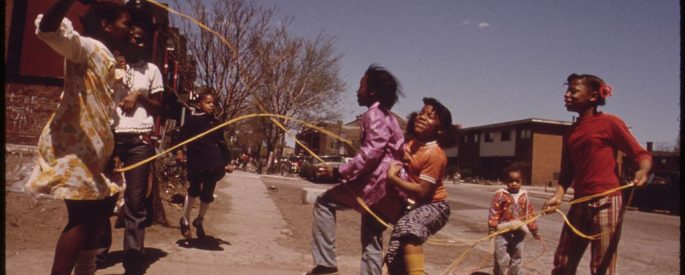
Eve L. Ewing fills her poems with bodies and voices. This interplay between rhythm and language becomes a means by which the marginalized speak; kinetic orality is a response to the recurring nature of systemic racism in that it thrives on both repetition and improvisation.
Seeing Jenny in Why Didn’t You Just Do What You Were Told?

The pleasure of reading Jenny Diski’s essays is in spending time with her persona—opinionated, funny, and endlessly curious. How can there be an end in wanting to know about Diski, her subjects, or any other example of what it is to be a human in this world?
Women Mentoring Women in Sigrid Nunez’s Sempre Susan
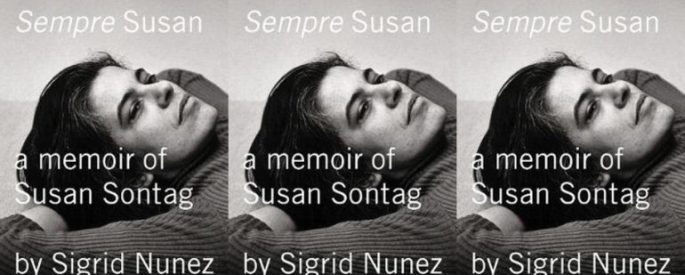
Sigrid Nunez’s memoir of the author’s relationship with Susan Sontag, the writer and doyenne of the twentieth-century New York intelligentsia, plays with the concept of the memoir genre. Nunez largely disappears from her own pages as she explains, through vignettes and remembered lines, Sontag’s mentorship.
Elizabeth Bishop’s Eczema
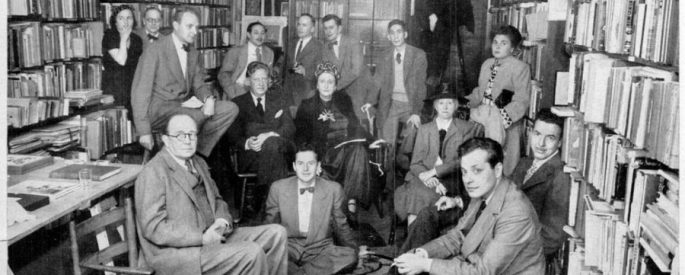
Writing about Elizabeth Bishop, one hesitates over how much time to spend on biography. Readers are now familiar with many of her biographical details, though she was long known for not being known. But what about her eczema, the first of three lifelong conditions to develop and which quite
How Do You Fictionalize the Experience of Social Media?
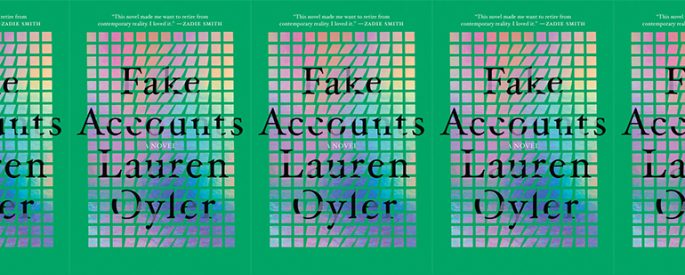
Lauren Oyler’s debut novel is an audacious, mordant, and frequently hilarious sendup of internet culture at the turn of the decade, and a likely harbinger of how books about the internet will read in years to come.
Our Lady of the Floss

Never losing sight of the sensibilities that make the protagonist of her 1860 novel fallibly, achingly human, George Eliot also venerates Maggie Tulliver’s passions and feelings, suggesting that the path to virtue may not lie in rigidity and conventional moralism, but in the volatile, messy outpourings of the human
Food and Identity in First Generation: Recipes from My Taiwanese-American Home

Though Frankie Gaw’s debut book is ostensibly a cookbook, it’s also an archive of the Taiwanese American experience and an earnest exploration of the many facets of the author’s identity.
Handiwork and the Making of Motherhood
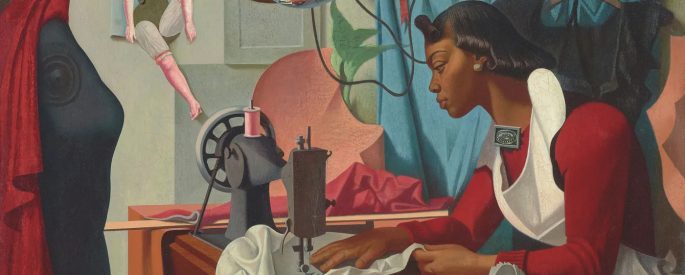
“When my son was born, I became obsessed with making. It was as if his coming into the world flipped a switch somewhere inside of myself that compelled me to create things with my hands.”
The Foreboding Landscape in The Impudent Ones

In her debut novel, Marguerite Duras builds a visceral sense of foreboding through the beautiful and unnerving landscapes in the life of protagonist Maud Grant, who is both captivated by the land around her, and often swiftly shut off from it.
Disaster Capitalism in Birnam Wood
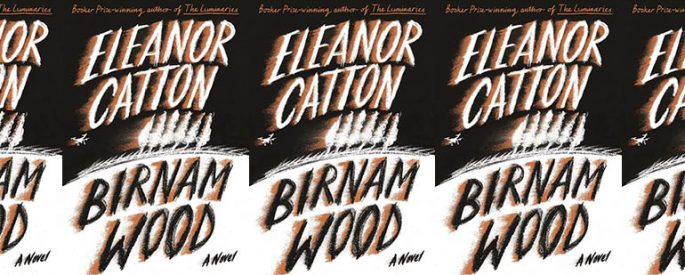
No generation is immune from the Birnam Wood's ire. Idealistic millennials are frauds, Gen X-ers are technocratic looters, Boomers are oblivious resource hoarders. Yet it’s not just the premise that everyone is fatally flawed that generates such intense and oppressive pessimism; rather, it’s that everyone in the novel is